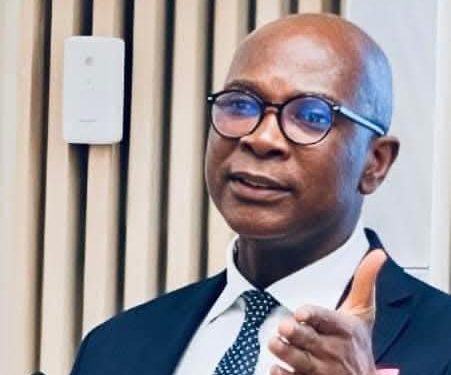By: Hassan Osman Kargbo
The West African Examinations Council (WAEC) has officially released the results of the 2025 National Primary School Examination (NPSE), delivering the results to the Ministry of Basic and Senior Secondary Education (MBSSE) well ahead of schedule. The results were released on July 17—nearly a month earlier than last year’s release on August 12—enabling early school placements and improved academic planning.
A total of 171,112 pupils registered for this year’s NPSE, including 88,494 girls and 82,618 boys, marking an increase of over 6,000 candidates compared to 2024. Out of this number, 165,341 candidates sat at least one paper, while 5,771 pupils were absent—an increase from last year and a trend the ministry has committed to investigating.
The overall pass rate stands at 78.2 percent, with 128,766 candidates meeting or exceeding the official cut-off score of 230. This includes 66,371 girls and 62,395 boys. While boys recorded a slightly higher pass rate (78.5 percent) compared to girls (77.9 percent), girls outnumbered boys in both participation and success.
This year’s highest NPSE score—an impressive T-score of 346—was achieved by Mansaray Kadijah Yawa Joe, a female pupil from Dele Nursery & Preparatory School in Wellington. Her achievement was recognized with praise from education stakeholders, including the Ministry of Basic and Senior Secondary Education.
In terms of school performance, International College of Makeni Primary School topped the national rankings with a 100 percent pass rate and the highest average aggregate score of 332.39. Other schools that posted outstanding results include Romans International Academy, Modern Academy School of Excellence, Therenisa Memorial Primary School in Bo, and Shalom Ville Schools.
Further analysis revealed that more girls than boys ranked among the top five candidates, and a total of 4,483 pupils—2,424 girls and 2,059 boys—scored 300 or above. This marked yet another year of upward progress in high-achieving candidates and was attributed to ongoing investments in foundational learning across the country.
However, officials raised concern about the continued rise in absenteeism. The ministry reported the second consecutive increase in the number of candidates who registered but did not sit the exams.
“This trend is worrying, and we will investigate the underlying causes,” a ministry representative said. “To those attempting to cheat or manipulate the system—let me be clear: we are tightening our monitoring and enforcement, and you will be caught.”
Result packages are already being sent to schools, while a more detailed technical report, including district-level performance, will be published next week on the MBSSE website. For admissions into Junior Secondary Schools, pupils are required to present their primary school leaving certificates and official result slips signed by their head teachers.
The Ministry extended appreciation to head teachers, classroom educators, parents, and district education officers for their dedication in preparing learners for success.
“To the candidates who passed, congratulations,” the statement continued. “And to those who didn’t make it, don’t give up. We are working to improve teaching and learning for every child in Sierra Leone.”
The 2025 NPSE results not only reflect the academic efforts of pupils and educators but also signal a renewed momentum in Sierra Leone’s commitment to quality basic education.













